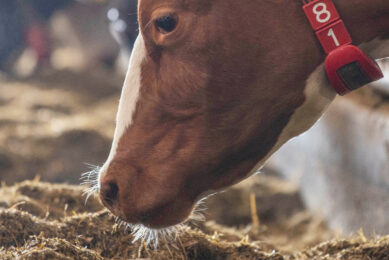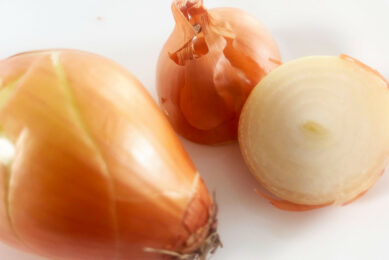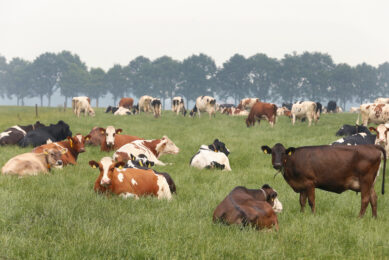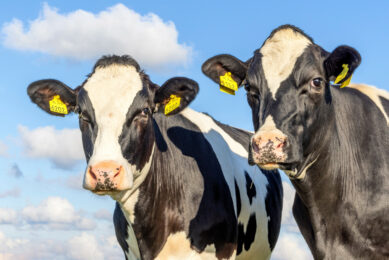Farmers in New Zealand may be taxed for cow and sheep burps
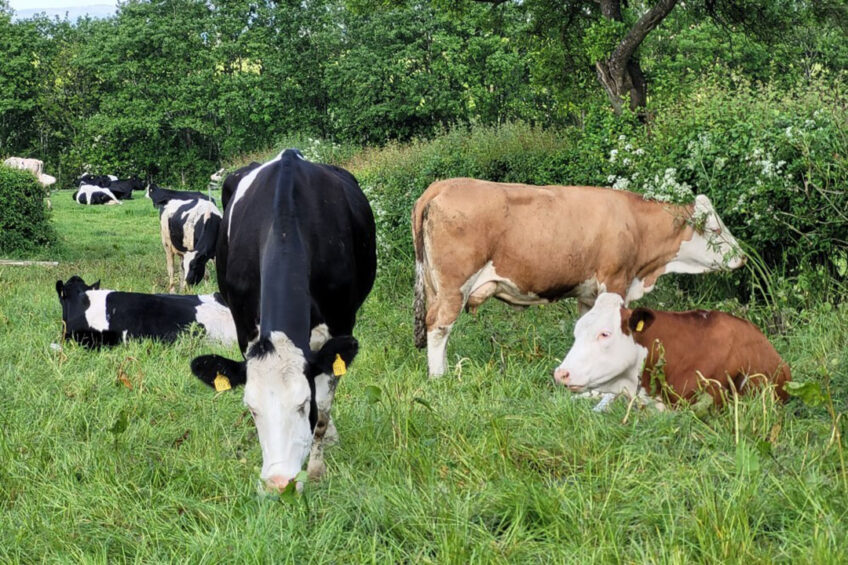
The New Zealand government has launched draft proposals to tax farmers on their cattle and sheep burps in a bid to tackle rising greenhouse gas levels.
If adopted, New Zealand will be the first country in the world to enter into such a scheme that will tax farmers on the amount of methane produced by their livestock. These unique plans have been drawn up by the government and farming representatives in a bid to tackle the country’s greenhouse gas emissions, almost half of which are produced by agriculture.
When cows burp, they release bursts of gas that are full of methane, a greenhouse gas that traps heat from the sun more than 20 times as efficiently as carbon dioxide.
Professor John Wallace from the University of Aberdeen, UK, outlines the context of how important controlling these gas levels are.
“People think of carbon dioxide as the main greenhouse gas, but methane is pretty important, too,” he says. “From all the greenhouse gas emissions produced by man, 16% of this is methane while around a third of that comes from ruminant livestock.”
Cows have multi-chamber stomachs that rely on bacteria to break down plant-based food. In this digestive process, a fully grown cow can release up to 500 litres of methane into the atmosphere each day.
Charging farmers for emissions
There are 5 million people in New Zealand along with 10 million cattle and 26 million sheep. In the past, agricultural emissions have been exempted from the country’s emissions trading scheme, but this has come under intense scrutiny more recently.
A number of groups have criticised the government for this exclusion of agricultural emissions and have urged it to do more to stop global warming.
The new proposals plan to charge farmers for their gas emissions from 2025, with different charges for those gases that are shorter and longer-term.
Incentives
Farmers will receive incentives in the scheme if they can demonstrate their emissions are falling by using feed additives, and they can use on-farm forestry areas to offset emissions.
Dairy farmer Andrew Hoggard, who is also the national president of Federated Farmers of New Zealand, says he broadly approved of the proposals.
“We’ve been working with the government and other organisations on this for years to get an approach that won’t shut down farming in New Zealand, so we’ve signed off on a lot of stuff we’re happy with,” Hoggard said.
“But you know, like all of these types of agreements with many parties involved, there’s always going to be a couple of dead rats you have to swallow. There are still the nuts and bolts to be hammered out, like who actually implements the scheme, so there’s still stuff to work through with the government,” he added.
Methane and climate change
Last month, New Zealand’s finance minister dedicated NZ$2.9 billion for initiatives to tackle climate change, which were to be funded by an emissions trading system that taxed polluters.
The money raised from this livestock burp tax scheme will be invested in research, development and advisory services for farmers, the country’s environment ministry said.
Climate Change Minister James Shaw states: “There is no question that we need to cut the amount of methane we are putting into the atmosphere, and an effective emissions pricing system for agriculture will play a key part in how we achieve that.”
The proposals have been introduced for consultation and a final decision on them is expected to be made by December.
Join 13,000+ subscribers
Subscribe to our newsletter to stay updated about all the need-to-know content in the dairy sector, two times a week.



